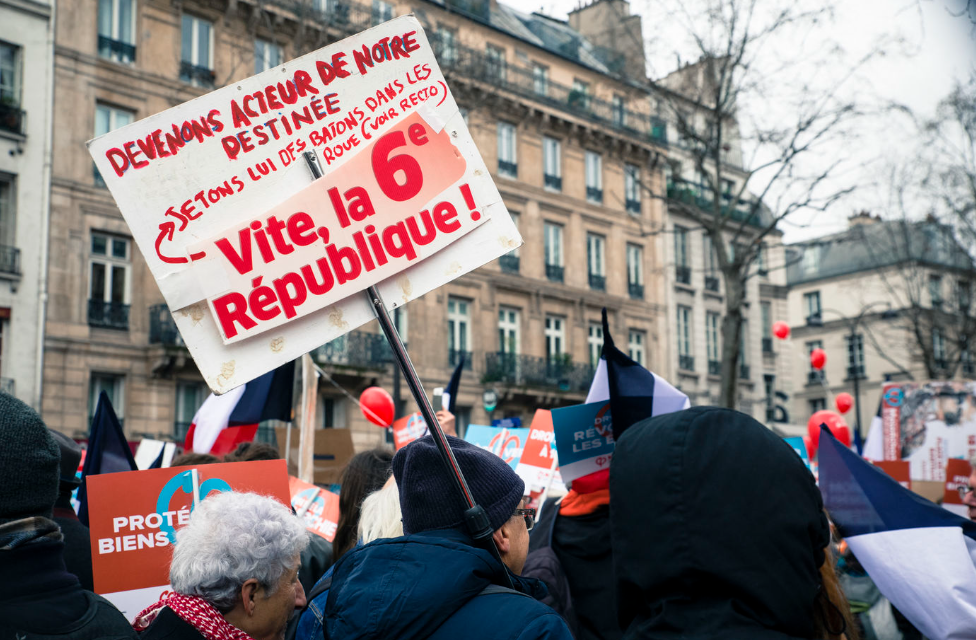Instability in Central Africa
- Middle East & Africa Focus Group

- Apr 17, 2024
- 2 min read
Updated: Jul 28, 2024
An Update on the Situation's Many Facets
Congolese General Election
On December 20, 2023, the Democratic Republic of the Congo (DRC) conducted a contentious general election, resulting in the re-election of Felix Tshisekedi with the Independent National Electoral Commission (CENI) stating his reception of over 70% of the vote. Overall, the election had a turnout of over 40%. However, the opposition raised concerns even before the election results about irregularities in the voting process, expressing doubt on Tshisekedi's lead and called for a rerun after the publication of the results. The opposition also claimed that their own vote count placed the opposition leader Moïse Katumbi in the lead, adding complexity to the post-election situation.







Comments